
MEMBERS of Parliament were yesterday engaged in a heated debate following the presentation of the mid-year review of the budget statement and economic policy of the government for the 2019 financial year.
Most of the debate centred on the supremacy over which of the political parties - New Patriotic Party (NPP) or National Democratic Congress (NDC) -has the better record in managing Ghana's economy.
The debate, which pitched the Majority and Minority caucuses against each other, lasted about three hours and focused on various sectors of the economy including finance, agriculture, education, communication, trade, industry and transportation among others.
Mr Ken Ofori-Atta, the Finance Minister, on Monday moved a motion in the House to seek parliamentary approval to spend additional GH¢6,370,355,925.82 to support government expenditure for the rest of the year.
By the motion, Mr Ofori-Atta also sought to amend the Appropriation Act, Act 984, which gave him the authority to expend GH¢78,771,833,602 from the Consolidation Fund and other public funds for the 2019 fiscal year.
Seconding the motion in Parliament yesterday, Chairman of the Finance Committee and NPP member for New Juaben South, Dr Mark Assibey-Yeboah, said approving the request would allow the government address the "mess" left it by the erstwhile John Mahama led NDC government.
According to Dr Assibey-Yeboah, though the Nana Akufo-Addo led NPP government inherited a bad economy from the former government, it has over the two and half years in power, done enough to turn around the economic fortunes of the country.
As a result of the prudent economic management, he said, 91-day treasury bills had dropped from 19 per cent to 13 per cent, the Ghana Cedi was now stable, banks were now liquid, businesses were now borrowing at lower rates, inflation was in the single digit, and the economy expanding among others.
"It is in the DNA of the NPP to come and stabilise the economy anytime the NDC throws the macro economy out of gear," he said, berating the opposition for being reckless in entering 'take or pay' power purchasing agreements which have become a huge financial burden on government.
But Bolgatanga Central MP, Isaac Adongo, said the economic challenges confronting the country had nothing to do with the 'take or pay' agreements signed by the previous government.
He said the need for the increment in the taxes were as a result of a GH¢25 billion unbudgeted expenditure and that the budget deficit at the end of the year would be more than GH¢20 billion.
On claims that the banking sector had improved following the cleanup, Mr Adongo asserted that the capital adequacy of banks which stood at 21 per cent in January had dropped to 19 per cent; a clear indication that the cleanup had not worked.
"An NDC government would never collapse the banks" Mr Adongo declared and accused the government of imposing hardship on Ghanaians when it campaigned against tax increases especially in the energy sector.
A Deputy Energy Minister, Mohammed Amin Antah, on his part explained that at the time the then opposition kicked against the Energy Sector Levies Act, the tax component in the price build-up of fuel products was 40 per cent.
That component, he said, since the coming into office of the NPP government had reduced to 26 per cent and that arguments that the government lacked the moral authority to increase the ESLA was moot.
Member for Ajumako/Enyan/Essiam, Cassiel Ato Baah Forson, describing the Communication tax as "social media tax," said the government was developing an insatiable appetite for taxation, contrary to its claim in opposition to move the country from taxation to production.
Mr Ato Forson, who is also a former Deputy Finance Minister, said despite the government over projecting its target in the December 2018 budget and missing same, it has over projected its revenues in the mid-year and was likely to miss it.
Read Full Story
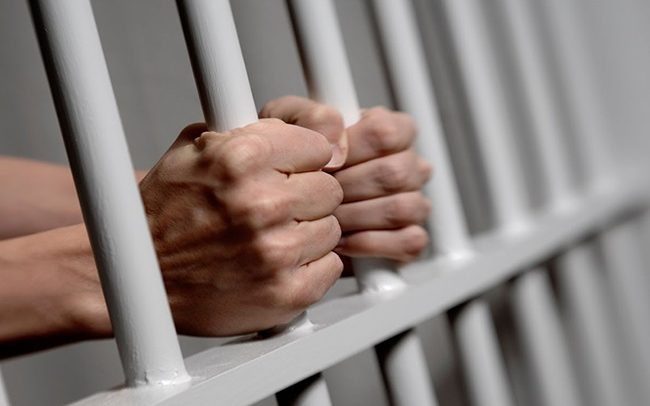
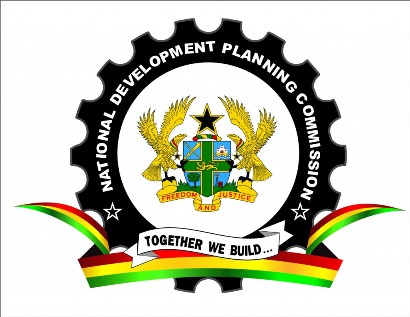

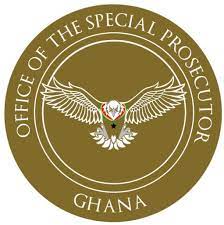



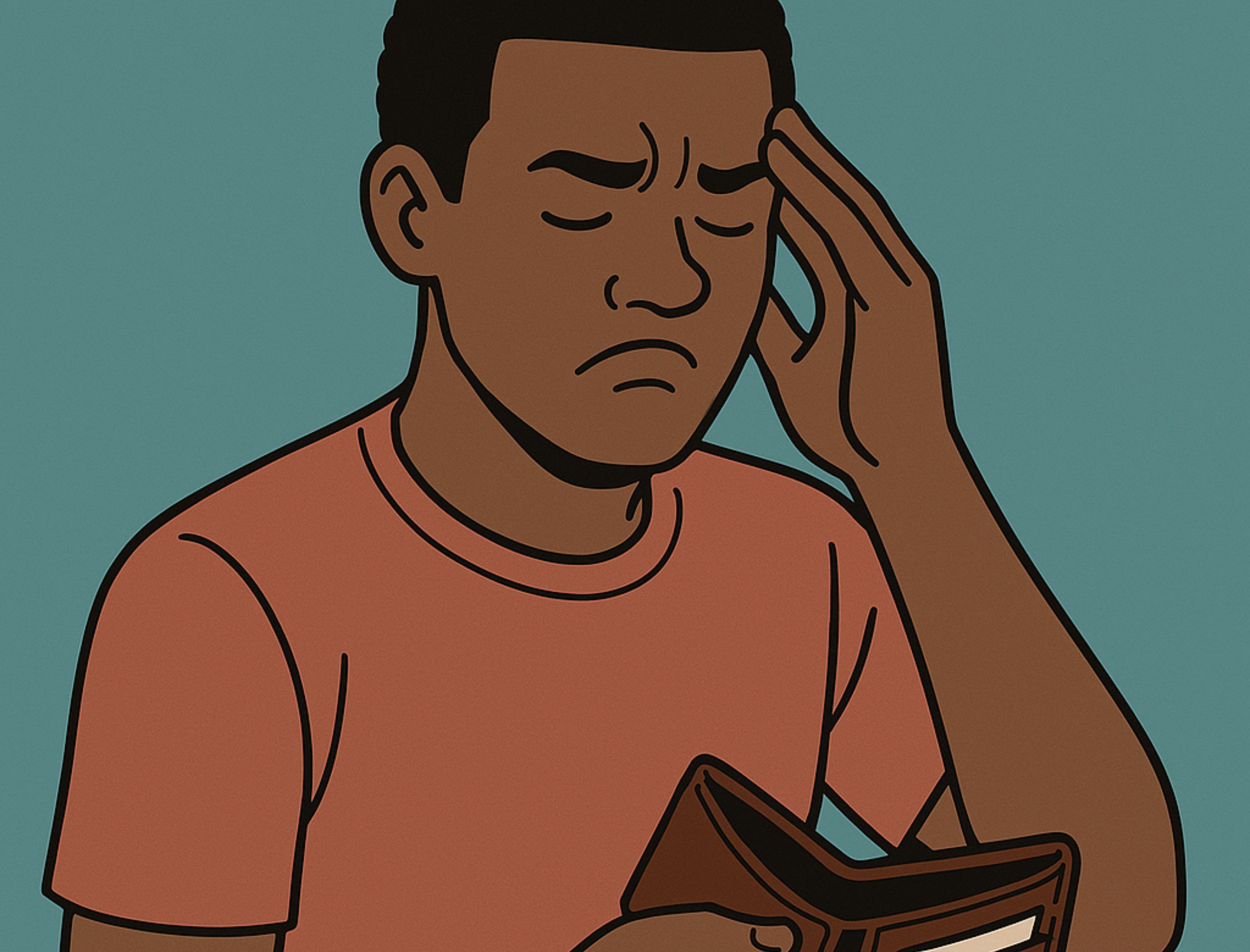
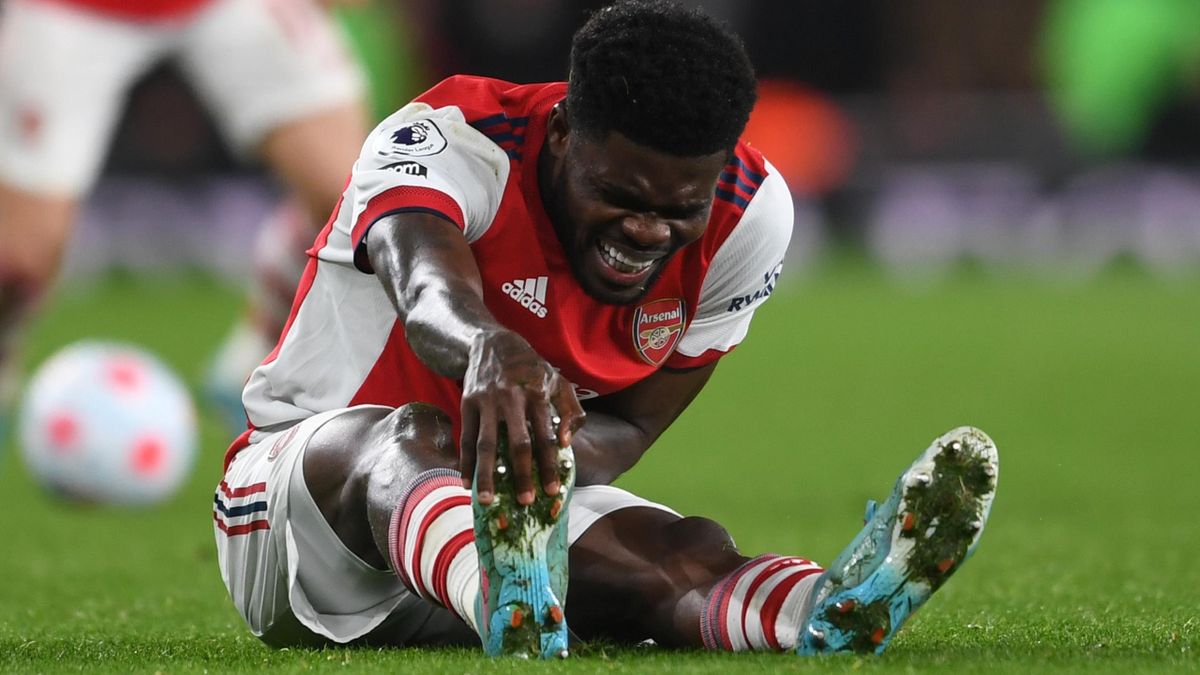
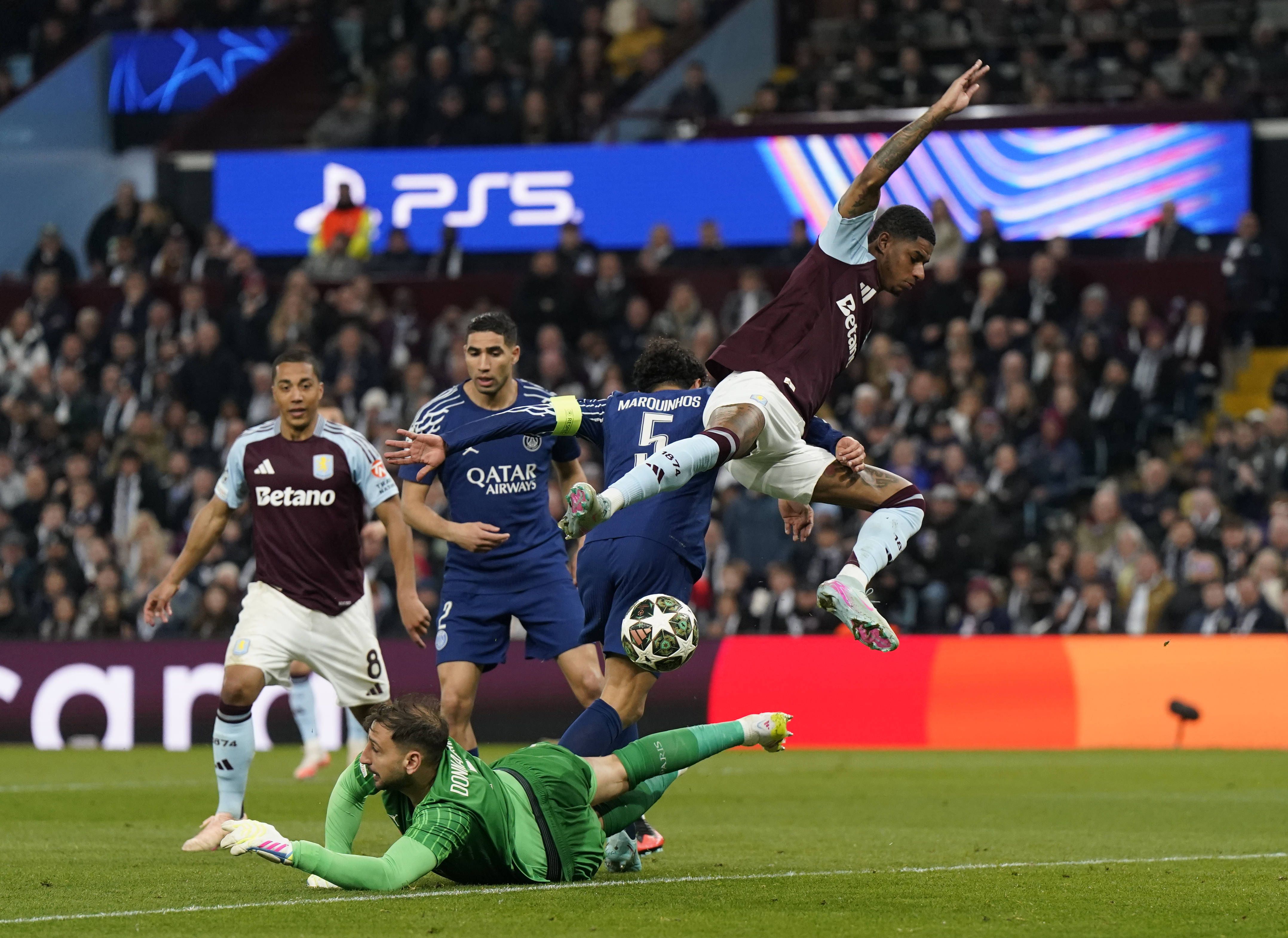
![Kofi Adomah walks on street, shows recovery signs after being shot in eye [Video]](https://sportal365images.com/process/smp-images-production/pulse.com.gh/14042025/e9b0a707-a08e-429e-ac31-07b9cadeea57.png)

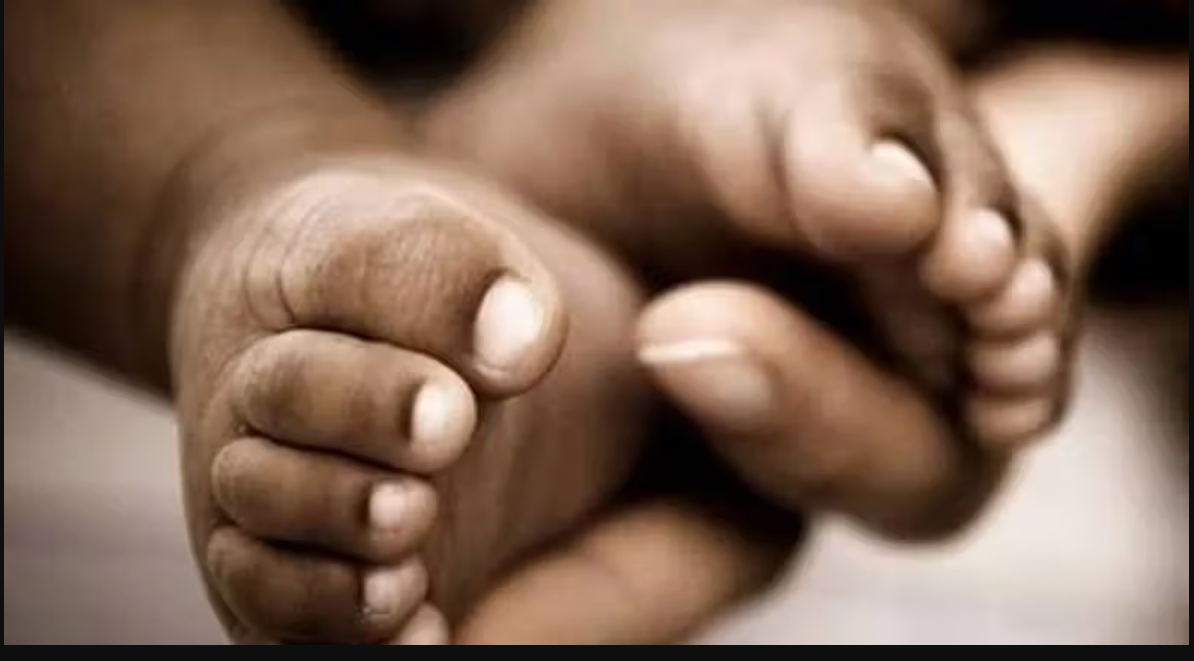
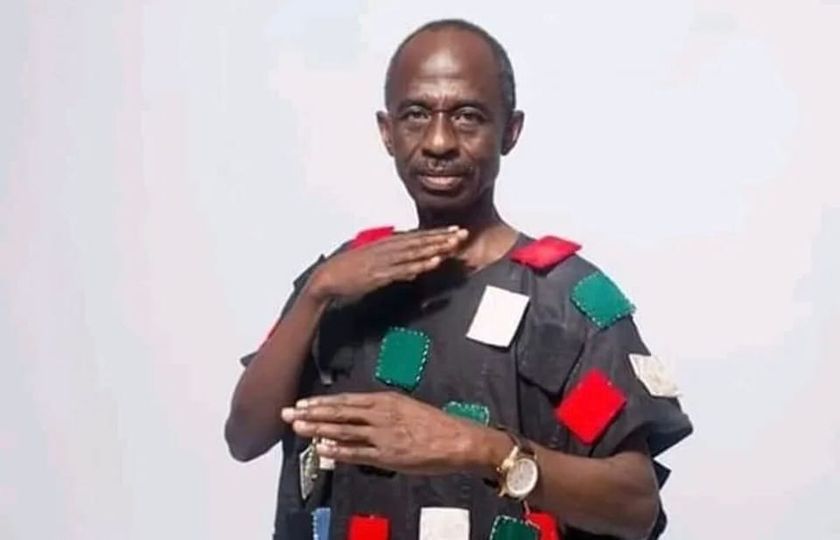

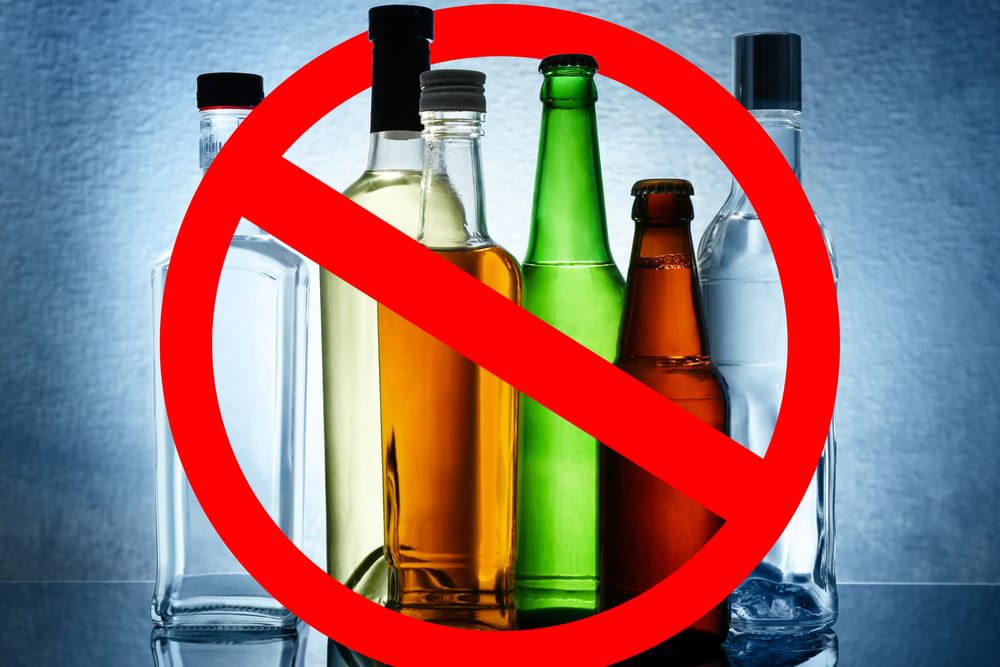

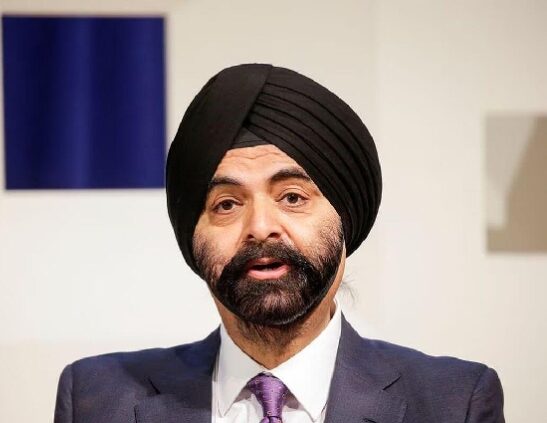
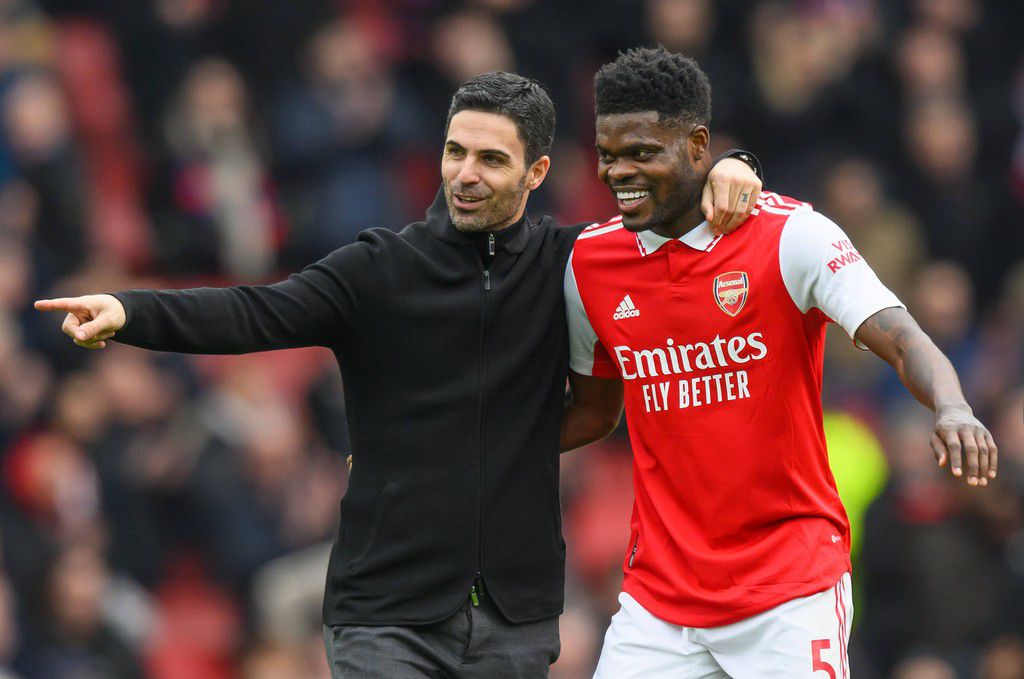

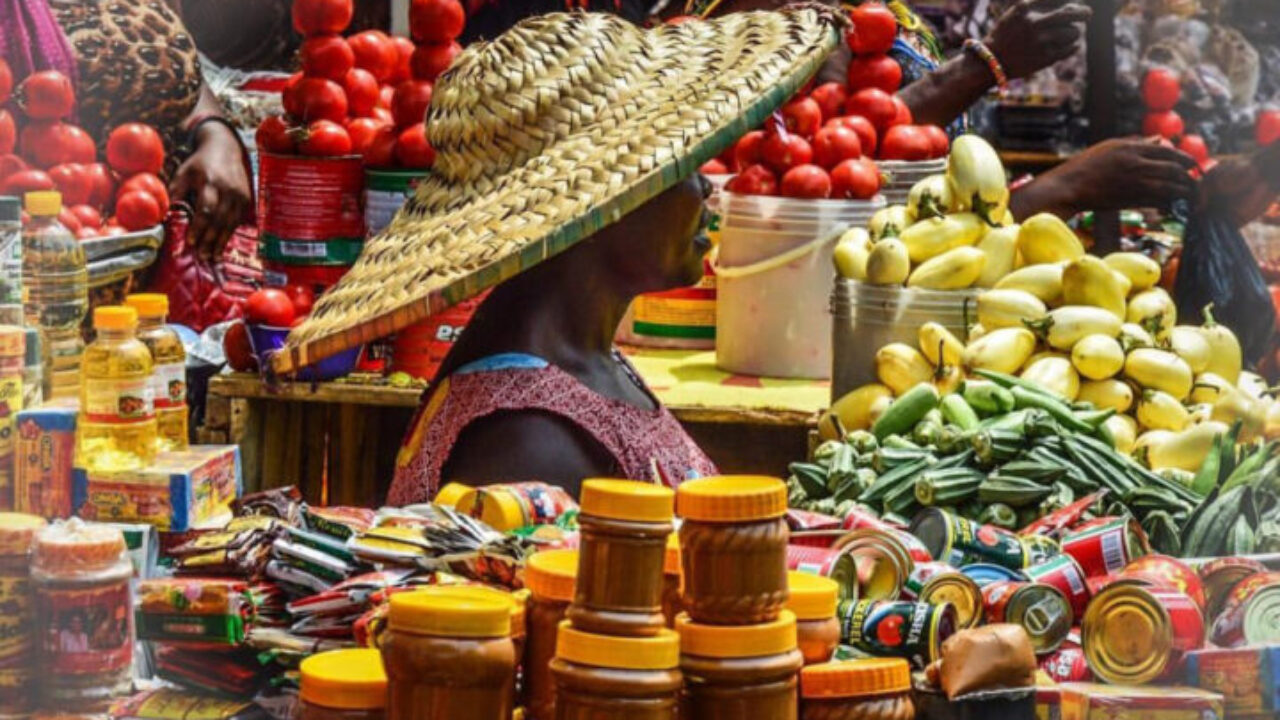
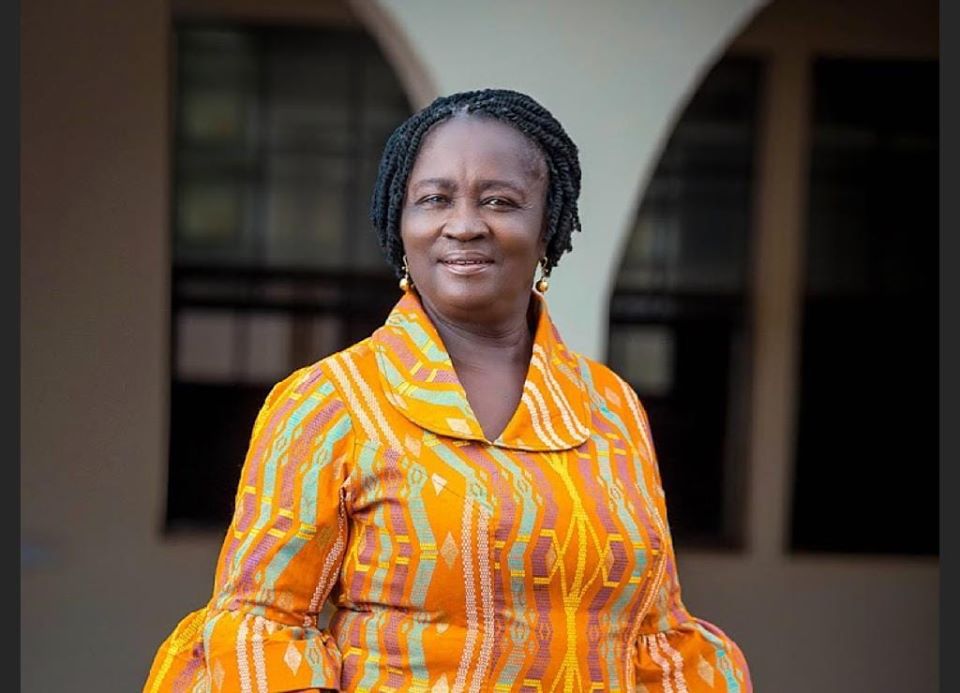
Facebook
Twitter
Pinterest
Instagram
Google+
YouTube
LinkedIn
RSS